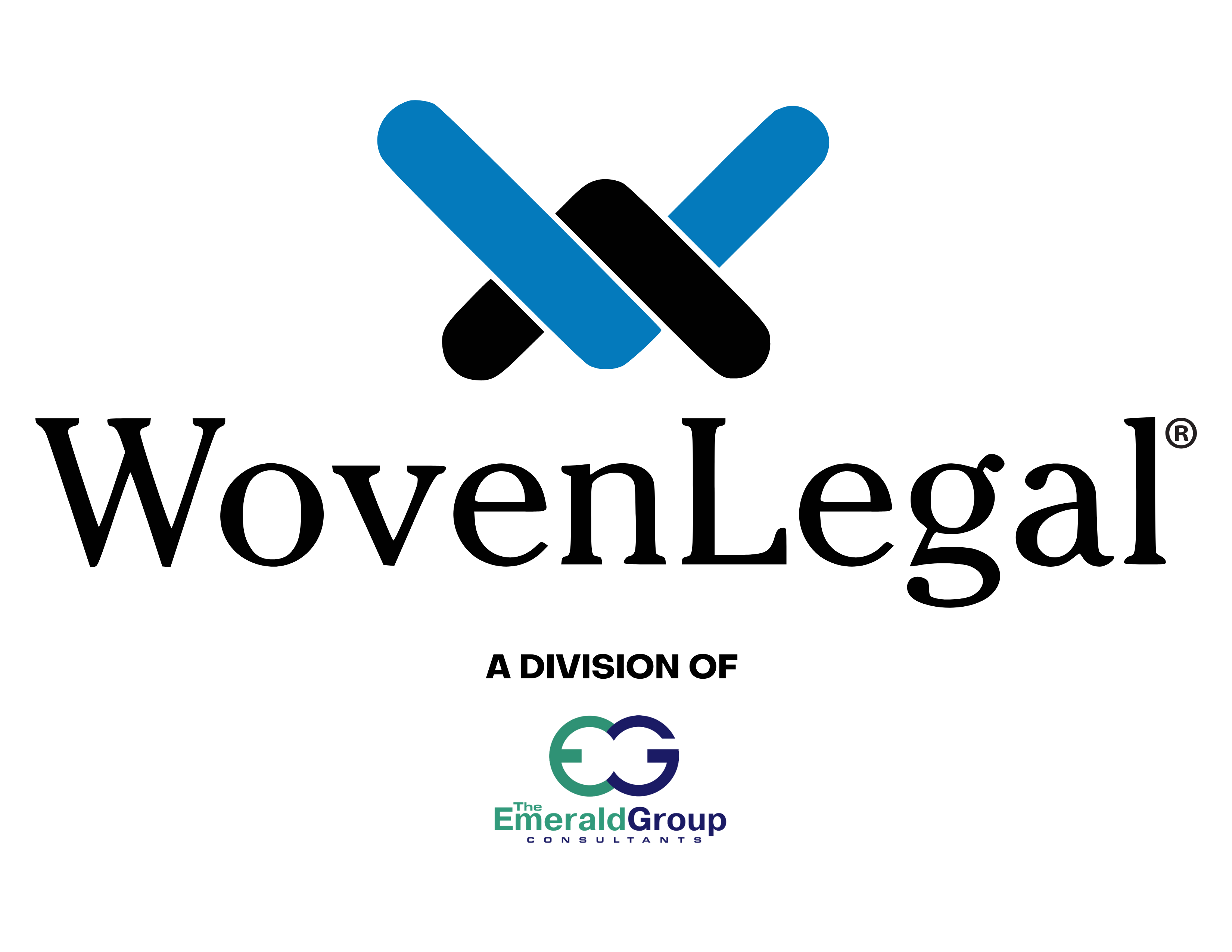According to the Pew Research Center, about one-third of American workers who are able to work from home do so full-time. While employees seem to love work-from-home (WFH) and hybrid roles, this shift in work models has created some major challenges for employers, particularly those in the legal industry.
The question is, how can your law firm adapt to the new work environment while ensuring its talent needs are met? Here’s a look at the legal implications of remote and hybrid work models, as well as how you can embrace these concepts to scale your practice.
How Employment Laws Are Adapting to Remote Work
Remote work has introduced new dimensions to employment law. Outsourcing work to remote employees who never set foot in the office can blur the lines between employees and contractors.
If your law firm is integrating remote talent into its workflows, it’s vital that you apply standards set forth by the Fair Labor Standards Act (FLSA). If a worker meets the definition of an employee, it’s important to compensate them for all hours worked, including overtime, and that you maintain accurate records of their activities.
The lines between work and personal tasks can get blurry when someone works from home. Establishing clear guidelines that delineate work-related activities from personal ones can help you manage workers’ compensation claims effectively.
New Compliance Headaches Created by WFH
Operating across multiple jurisdictions makes compliance even more complex. Employment laws and minimum wage requirements differ by state. These provisions can impact employee leave entitlements and wage rates. Typically, the laws of the state where a remote employee lives and works will apply.
Remote work can also create tax obligations in multiple jurisdictions. Assess the tax implications of having employees in different states to ensure compliance with local tax laws.
As you can see, integrating out-of-state remote workers into your business can quickly multiply the complexities of compliance. Therefore, it may be best to consider partnering with a third-party agency that handles talent sourcing and payment. These firms will address compliance and management so that you can focus on running your practice.
Contractual Considerations
Adapting employment contracts to reflect remote and hybrid work arrangements will promote compliance and provide workers with an adequate work-life balance. Conversely, vague contracts can blur the lines between someone’s personal and professional life, which may lead to burnout and frustration.
A thorough remote or hybrid work contract will:
- Define Work Hours: Clearly specify expected work hours, availability, and response times during those hours
- Establish Performance Metrics: Establish objective performance indicators tailored to remote work
- Amend Confidentiality Clauses: Revise these clauses to address remote work scenarios and protect your client data
Additionally, we have found that it’s important to set clear expectations with your remote or hybrid workers. Let them know what they need to do and their projected work hours so that everyone is on the same page from day one.
Best Practices for Remote Work Policies
Here are some tips for creating remote work policies that maximize productivity while maintaining the human touch that your clients expect:
Establish Preferred Communication Channels
Identify a preferred communication channel so that everyone knows how to collaborate and seek support when they need it. Consider an option like Slack or Microsoft Teams, which provides instant communication.
Make Data Security a Priority
Review your current security tools and adapt them for remote work. Encrypt data and educate your employees on best practices for maintaining data security.
Consider Providing Equipment
Many employers provide remote workers with equipment or a stipend to assist with home-office costs. Consider how you will address this issue and what level of support you will provide.
The Role of Technology in Facilitating Productive, Compliant Remote Work
In our experience, the success of a remote work model hinges on the quality of the policies and technology being used. In terms of tech, here are some tools to consider investing in:
- Secure communication tools that encrypt messages while in transit and at rest
- A document management system that allows for cloud-based file storage and sharing
- Digital training tools like a learning management system (LMS)
With the right technology solutions, you can unlock the potential of remote work and scale your practice.
What’s Next for Work From Home?
In early 2024, news outlets and professional publications were buzzing about the return to office (RTO) push. Many CEOs claimed they were going to make employees come back to the office at least part-time.
By mid-year, it was clear that RTO initiatives weren’t working out like employers had hoped. Forbes reports that 80% of employers lost talent due to their strict return-to-office mandates.
The bottom line is that work-from-home and hybrid employment are here to stay. You might as well embrace this trend so that you can leverage it to scale your practice.
How to Find Reliable WFH Talent
The good news is that collaboration technology advancements are making it easier than ever to integrate remote talent into your workflows. However, these technologies don’t completely alleviate the talent challenges associated with WFH and hybrid work.
One of the biggest challenges you face involves finding good employees so you can avoid the cost of a bad hire. Vetting people is hard enough when you meet them face to face. Screening remote workers can be even more difficult.
Fortunately, there’s a third option: sourcing talent from Woven Legal. We match you with remote talent, such as:
- Legal assistants
- Paralegals
- Client intake specialists
- Executive assistants
Our subscription-based service allows you to purchase 10-40 hours per week of support from the contractor we match to your business. Woven Legal offers flexible month-to-month contracts that provide access to economical, scalable talent.
And, if you are looking for project-based work, our Productivity Center is the answer.
Book a Discovery Call
Are you looking for pre-vetted, remote talent to scale the capabilities of your in-house team? Woven Legal knows how to secure top talent so that you can focus on doing what you do best: serving clients in your core practice areas. Book a discovery call, and let’s discuss how to level up your law firm with remote talent.




Comments are closed